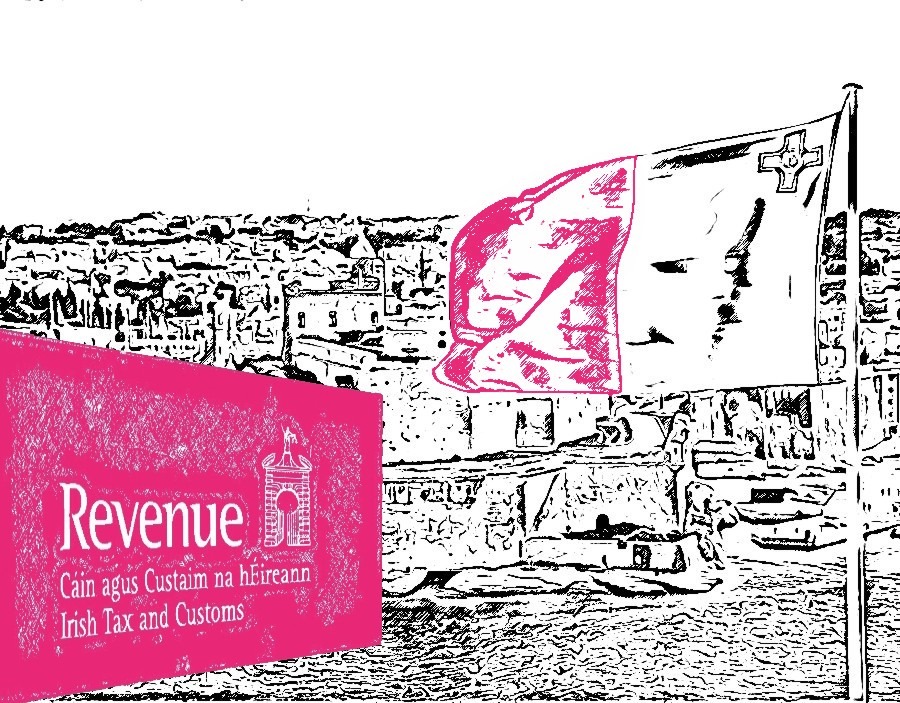In his budget announcement at the end of 2014, then Minister for Finance Michael Noonan promised a rule change “to ensure that Irish registered companies cannot be ‘stateless’ in terms of their place of tax residency”. The move was in response to growing pressure from Washington and Brussels on the Irish-registered corporate structure that had allowed subsidiaries of Apple to declare no tax residency for many years. The Finance Act 2014 duly amended the Irish tax code and, on the face of it, actually went further than Noonan had promised, stating that “a company which is incorporated in the State…
Cancel at any time. Are you already a member? Log in here.
Want to read the full story?
Unlock this article – and everything else on The Currency – with an annual membership and receive a free Samsonite Upscape suitcase, retailing at €235, delivered to your door.

